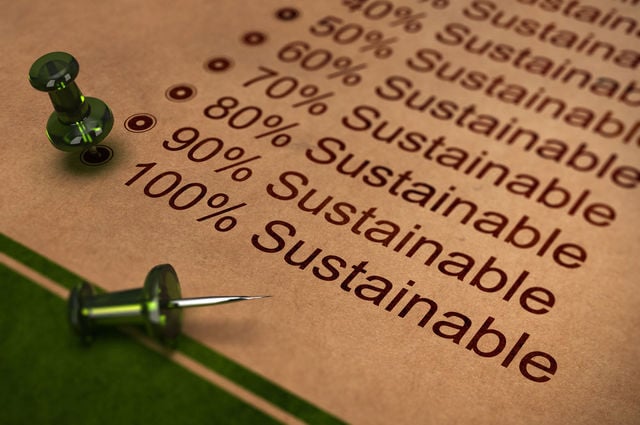How can sustainability be communicated beyond clichés and greenwashing?
31 experts shared their view
Both clichés and greenwashing are amongst the biggest traps to fall into when communicating sustainability. A "let's save the world" claim and tacky towel policy stickers are superficial and unappealing and could be a turn-off to the small group of environmentally and socially-conscious consumers. Green certification and lengthy, detailed corporate sustainability reports may (potentially) be of interest to a small niche group of highly activist consumers, who may not buy into that type of corporate hospitality in any case. However, there is a growing number of informed travelers: Those in search of genuine wellbeing and meaningful experiences at no (or as little as possible) cost to the planet. What works and what doesn't work in communicating sustainability? Any recommendations in regard to communication entering this critical decade?
15 years ago, terminating a Master's in hospitality, our thesis: “Sustainable Development in Hospitality Companies: between Action and Communication” brought conclusions that were appalling for the industry. Without having to study again the topic, it is clear that the sector has evolved a great deal. Yet, it all seems too slow and not always “thought of” changes.
Sustainability seems to be approached as a topic to integrate into strategy and operations to “do” good or to make the organization “look” good, thanks to well-designed communications tools. When communicating, companies could also be inclusive of actions taken that were not successful. Displaying efforts is already showing goodwill and encouraging for the audience. When, on the other side, demonstrating insignificant results, brings discredit, particularly to the bigger companies who have important means … and who obviously spend more on communication than actions. This transparency would appeal to informed travelers, who know that changing habits and taking risks is not easy. They would understand failures, appreciate efforts and cheer on the successes.
Communication on sustainability shall use data, baseline studies, and benchmark, allowing to measure evolution and prove the impact.Sustainability, if embedded in every job description, action plan, budget, would allow for communication that would become natural, genuine and consistent, showing that the company is building an intelligent ecosystem and not displaying a set of best practices or punctual actions. Communication is needed for, informing, educating, responsibilizing and influencing the general public on the problematics and the solutions.


